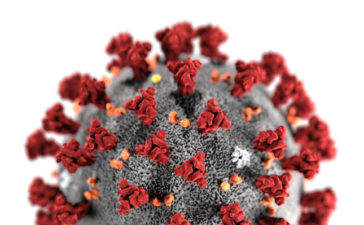London: If you want to reduce your stress then you should eat more pulses, wholegrain cereals, oats and vegetables as consumption of high-fibre foods may help reduce the effect of stress and anxiety, says a study.

The authors explained that stress can cause major changes in the gut and also in our brain which in turn affects our behaviour.
Foods rich in fibre was found to reduce this adverse effects of stress in mice.

The findings suggested that a gut bacteria produces short-chain fatty acids (SCFAs), which are the main source of nutrition for cells in this region of the body and high levels of fibres stimulate the production of these SCFAs.
“There is a growing recognition of the role of gut bacteria and the chemicals they make in the regulation of physiology and behaviour. The role of short-chain fatty acids in this process is poorly understood up until now,” said corresponding author John F. Cryan from University College Cork in Ireland.

“It will be crucial that we look at whether short-chain fatty acids can ameliorate symptoms of stress-related disorders in humans,” Cryan added.
You should eat high fibre-rich food to cut stress and anxiety and stay healthy:
For the study, published in The Journal of Physiology, the team fed normally produced SCFAs to the mice and then subjected them to stress. They were assessed for anxiety and depressive like behaviour, stress responsiveness, cognition and sociability as well as how easily material passes through the gut.

The results showed that increase levels of SCFAs reduced the levels of stress and anxiety-like behaviour among the mice.
The investigators also explained that stress experienced over a prolonged period of time can affect the bowel by making the barrier between the inside of the gut and the rest of the body less effective and “leaky”.

Treating the condition using the SCFAs can also reverse the “leaky” walls inside the gut, said the study.
The research provides new insights into mechanisms related to the impact of the gut bacteria on the brain and behaviour as well as gut health.

“Developing dietary treatments which target these bacteria will be important for treating stress-related disorders,” said the researchers.





